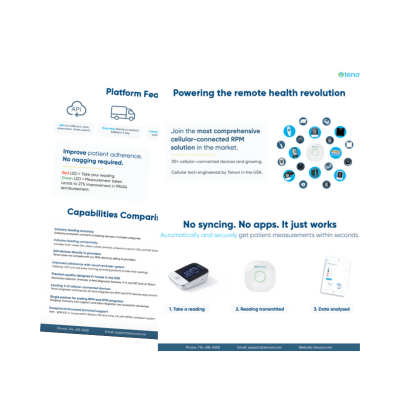Addiction is a complex chronic condition that requires comprehensive treatment. Traditional in-person treatment for addiction may be inaccessible for some individuals. Telemedicine for addiction treatment is one solution that can be a convenient and affordable alternative.
This article discusses a new study published in the Journal of Substance Use and Addiction Treatment that suggests that telemedicine for addiction treatment may be more effective than in-person emergency department visits for initiating and maintaining medication-assisted treatment for opioid use disorder.
Telemedicine for Addiction Treatment: Key Findings
Services offered through telehealth platforms include initial assessments and diagnostic procedures, virtual therapy sessions, medication consultations, and one-on-one and group counseling. To evaluate the effectiveness of these telemedicine approaches in addiction treatment, a team of researchers from the University at Buffalo analyzed data from 1,349 referrals made through the Medication for Addiction Treatment and Electronic Referrals (MATTERS) Network between October 2020 and September 2022.
The study on telemedicine for addiction treatment revealed several important findings:
- Of the 1,349 referrals analyzed, 47.8% originated from telemedicine, and 39.7% originated from an emergency department.
- For patients with available follow-up data:
- 65.1% of those referred via telemedicine attended their first clinic appointment, compared to 32.3% of those referred from an emergency department visit.
- 53.2% of telemedicine patients were still in treatment at the 30-day mark, compared to 22.2% of those referred from an emergency department visit.
- Patients referred from telemedicine were 1.64 times more likely to attend their initial clinic appointment and 2.59 times more likely to be engaged in treatment at 30 days compared to those referred from an emergency department.
The Benefits of Telemedicine Treatment
Telemedicine for addiction treatment offers several advantages over traditional in-person care. It allows care delivery with minimal stigma from the patient’s home and reduced waiting times. These factors may help remove barriers to care for individuals with opioid use disorder, potentially leading to improved treatment outcomes.
The study’s findings on telemedicine for addiction treatment are particularly relevant as restrictions on telemedicine prescribing for opioid use disorder medications, which were relaxed during the pandemic, could potentially be reinstated at the end of 2024. This research adds to a growing body of evidence supporting the effectiveness of telemedicine in treating substance use disorders and related conditions.
Understanding Telemedicine for Addiction Treatment
As the opioid crisis continues to impact communities across the United States, these findings offer promising insights into potential strategies for improving access to and engagement with opioid use disorder treatment. Further research and development of telemedicine for addiction treatment programs, including opioid use disorder evaluation, medication access, and treatment referrals, may help address this critical public health issue.
Click here to subscribe to Tenovi’s Weekly Research newsletter, which provides weekly insights into the evolving landscape of remote health and remote patient monitoring.


